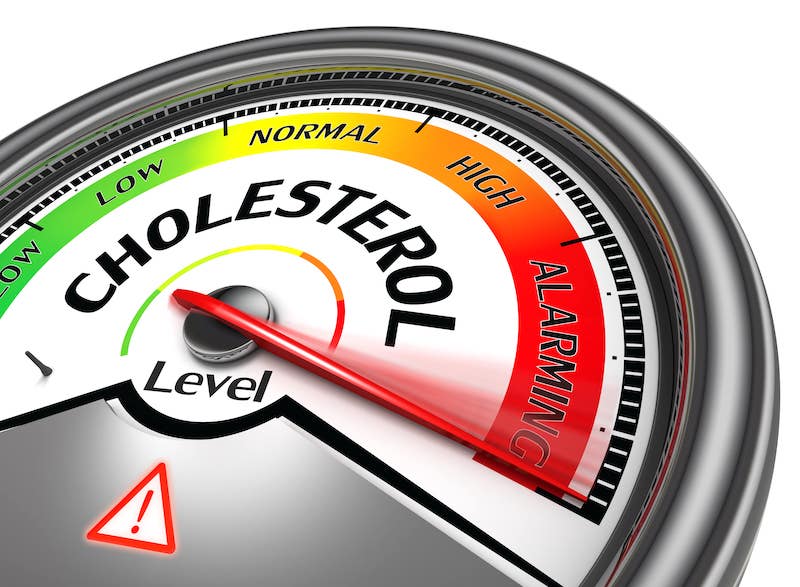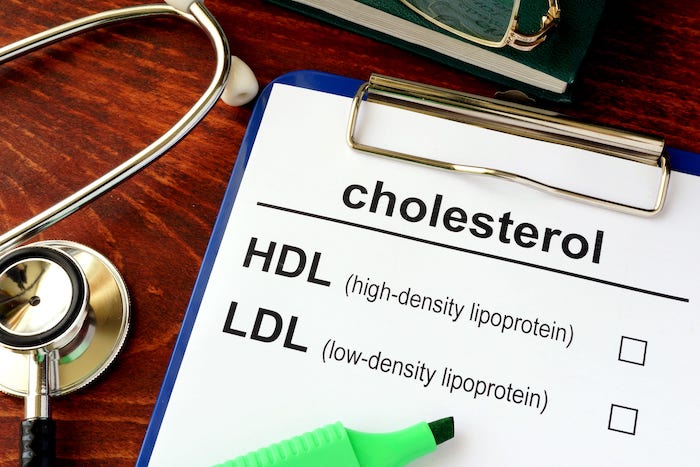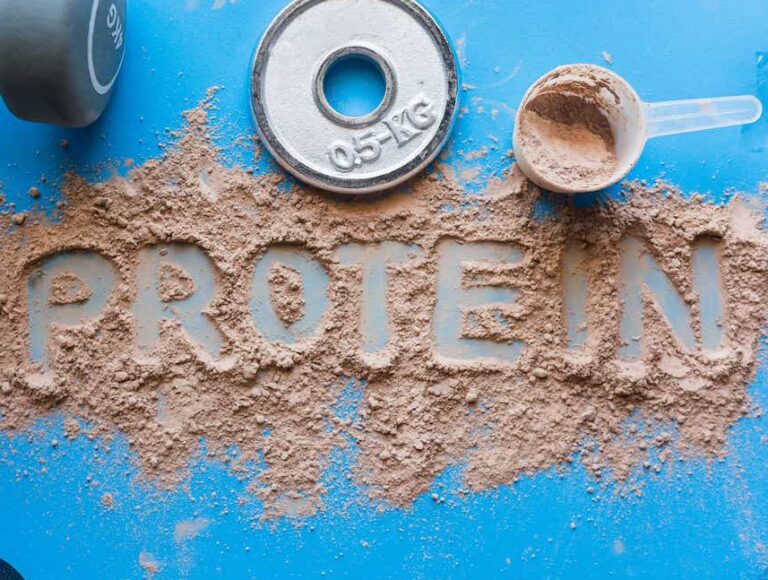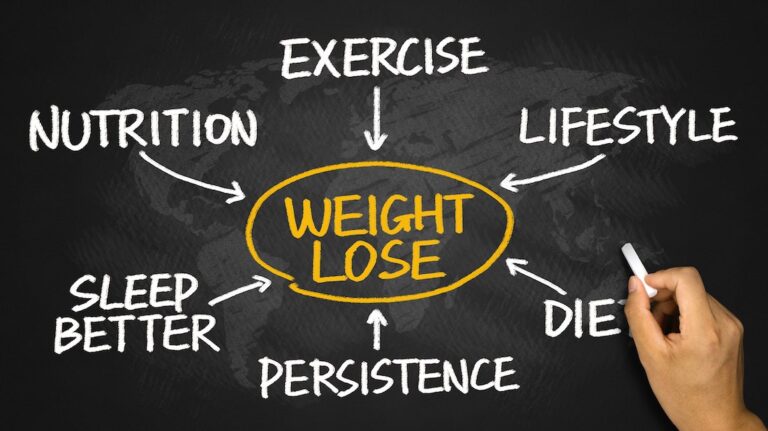You may have heard that many doctors view cholesterol levels as a key indicator of health. Let’s explore why your cholesterol levels may not be as crucial as we’ve previously been told. It is important that you make your own opinion as there are still many ongoing studies of our perception of what is good and bad of cholesterol.
First of all, we need to understand what cholesterol really is and what it does for us. There are two main sources of energy that our body uses:
- Glucose
- Free fatty acids (FFA) and to a lesser extent, ketones made from FFA
In the case of glucose, it has the ability to move freely around in the bloodstream. But when it comes to cholesterol and triglycerides, they need a little help to circulate. This is where our body comes in and packs cholesterol and triglycerides into a kind of transporter – a “boat”, if you will – called low-density lipoprotein (LDL). Generally speaking, the larger LDL particles will contain a higher amount of triglycerides.”
Why increased cholesterol is natural when starting a low-carb diet
Here are some of the consequences you can expect if you are about to start or have recently started eating a healthy low-carb diet.
- Increased total cholesterol and LDL: At the beginning of a low-carb diet, total cholesterol and LDL cholesterol may increase slightly. This is because the body adapts to a higher fat intake and changes energy sources.
- Healthy approach to low-carb: By focusing on healthy fatty acids and avoiding unhealthy fats, most people will experience increased HDL cholesterol (“good cholesterol”) and reduced triglycerides over time.
- Intermittent fasting: Implementing intermittent fasting into the diet can also help improve the cholesterol profile by increasing HDL and reducing LDL and triglycerides.

It’s important to remember that when you start a low-carb diet, your body will go through an adaptation process to utilize fat as its main energy source. During this transition period, you may experience an increase in total cholesterol and LDL cholesterol. But fear not, this is completely natural and temporary.
By following a healthy approach to low-carb and including good sources of fat in your diet, you’re likely to see an increase in HDL cholesterol(“The Good”) and a decrease in triglyceride levels over time. In addition, intermittent fasting can help to further improve your cholesterol profile. So be patient and give your body time to adapt to the new habits and you will soon see an improvement in your cholesterol levels and your overall health.
Dave Feldman’s experiment
An accomplished engineer Dave Feldman has been exploring the possibility of influencing his cholesterol levels through his diet. He conducts experiments where he follows a low-carb, moderately high-protein diet, adjusting only the amount of fat he consumes.
At the start of the experiment, he eats limited fat (only 1,000 calories) and checks his cholesterol levels. Then, over the course of three days, he significantly increases his intake of fat (to 4,000 or more calories) and re-measures his cholesterol levels. Amazingly, Feldman has managed to reduce his small LDL-P (the number of small LDL particles) – which health professionals believe is the most telling factor for coronary heart disease risk – from almost 1,000 (high risk) to below 90 (very low risk).
He achieved this impressive result in just three days, by doing the exact opposite of what one would intuitively think was the healthy method (based on conventional nutritional knowledge).
LDL cholesterol and heart disease
LDL cholesterol acts as the body’s own repairer and assists in the transportation of fuel. Coronary heart disease can occur when an LDL particle becomes trapped in a lesion in the artery wall, releasing cholesterol to start the healing process. The cholesterol develops into a plaque that seals the lesion. But over time, this plaque can block the artery and trigger a heart attack.
It is important to realize that the lesion was not caused by the cholesterol. Cholesterol is like a fireman coming to put out a fire; the fireman didn’t start the fire. It is inflammation that causes the lesion, and cholesterol repairs it. The goal should be to prevent future “fires” (by addressing the root cause of inflammation) rather than reducing the number of “firefighters” (cholesterol). Cholesterol also performs many essential functions in the body. Let’s take a closer look at some of the benefits of saturated fat and cholesterol.

The benefits of saturated fat
Saturated fat is often not the main cause of modern diseases as we have long believed. In fact, it plays a number of important roles in body chemistry:
- Strong cell membranes: Saturated fatty acids make up at least 50% of the cell membrane and give cells stability and integrity.
- Builds strong bones: Saturated fat is necessary for calcium to be effectively integrated into the skeletal structure, which contributes to good bone health.
- Protects the liver: Saturated fat protects the liver from damage from alcohol and other toxins.
- Improves the immune system: White blood cells need sufficient amounts of saturated fat to identify and fight off foreign invaders such as viruses, bacteria and fungi.
- Protects the digestive tract: Saturated fats have antimicrobial properties that protect against harmful microorganisms in the digestive tract.
After going through this information together, I hope you now understand why cholesterol and saturated fat may have gotten an undeserved bad reputation. It is important to look at the whole picture and not just individual measurements such as cholesterol levels.
It is important that you always consult a qualified healthcare professional or doctor before making any changes to your diet. Especially if you have illnesses or other reasons to be careful such as pregnancy or breastfeeding.
Related articles: The truth about saturated fat






